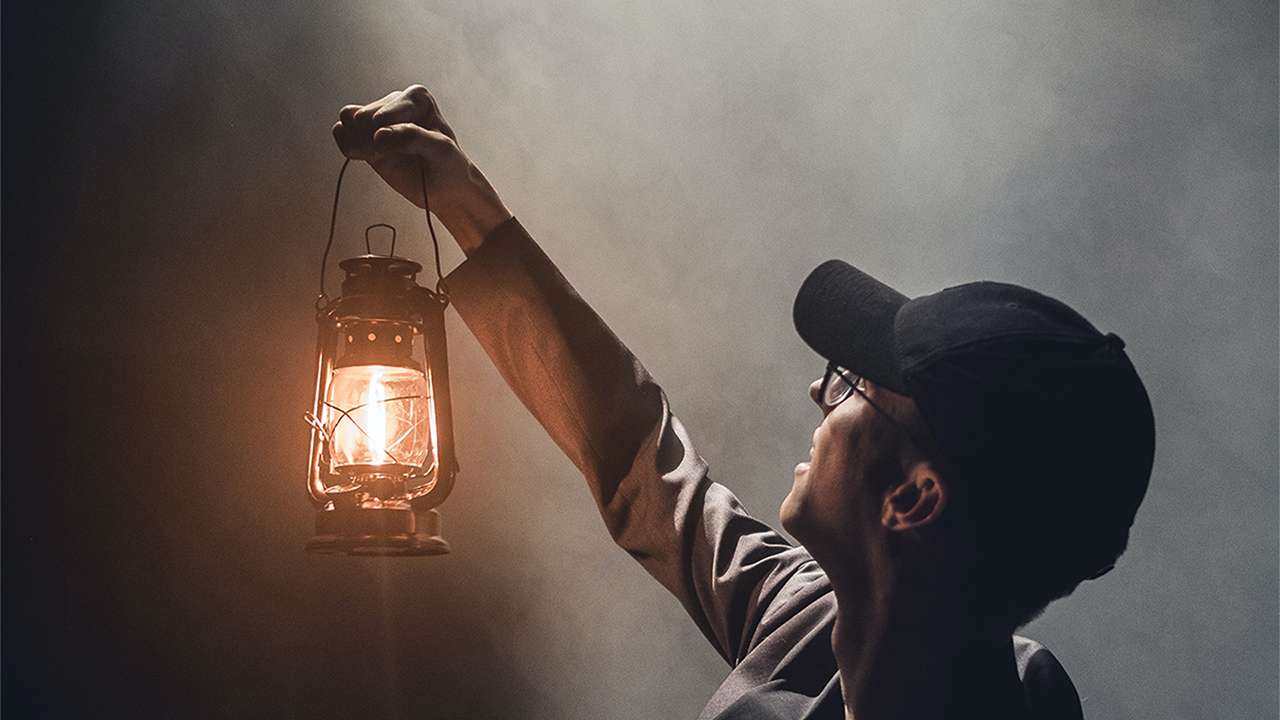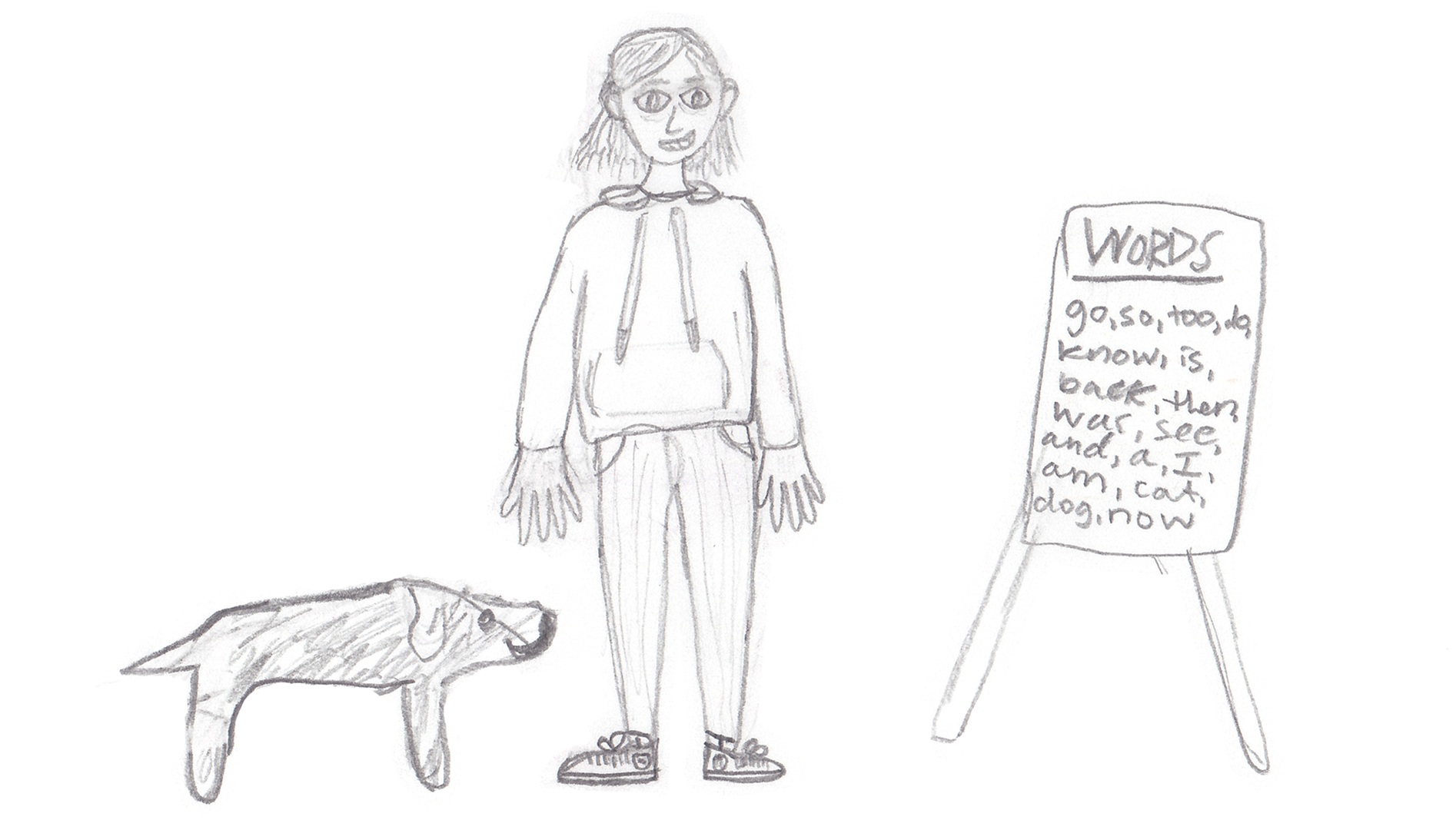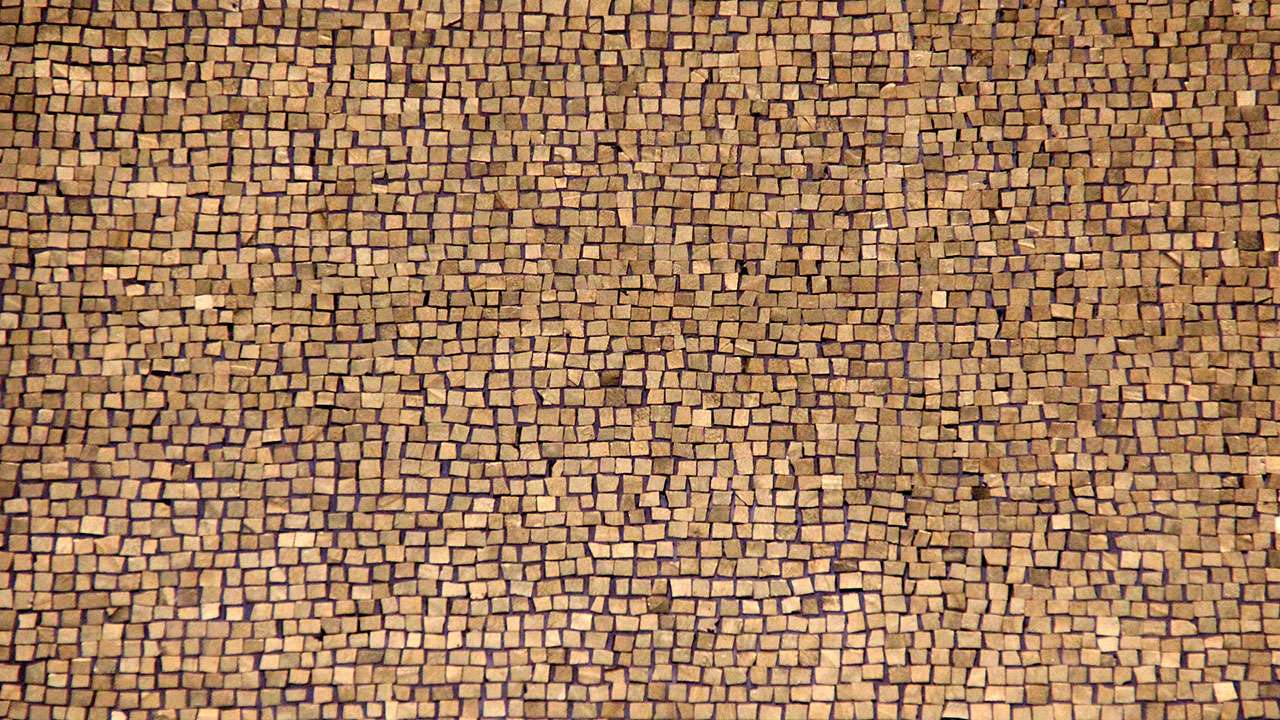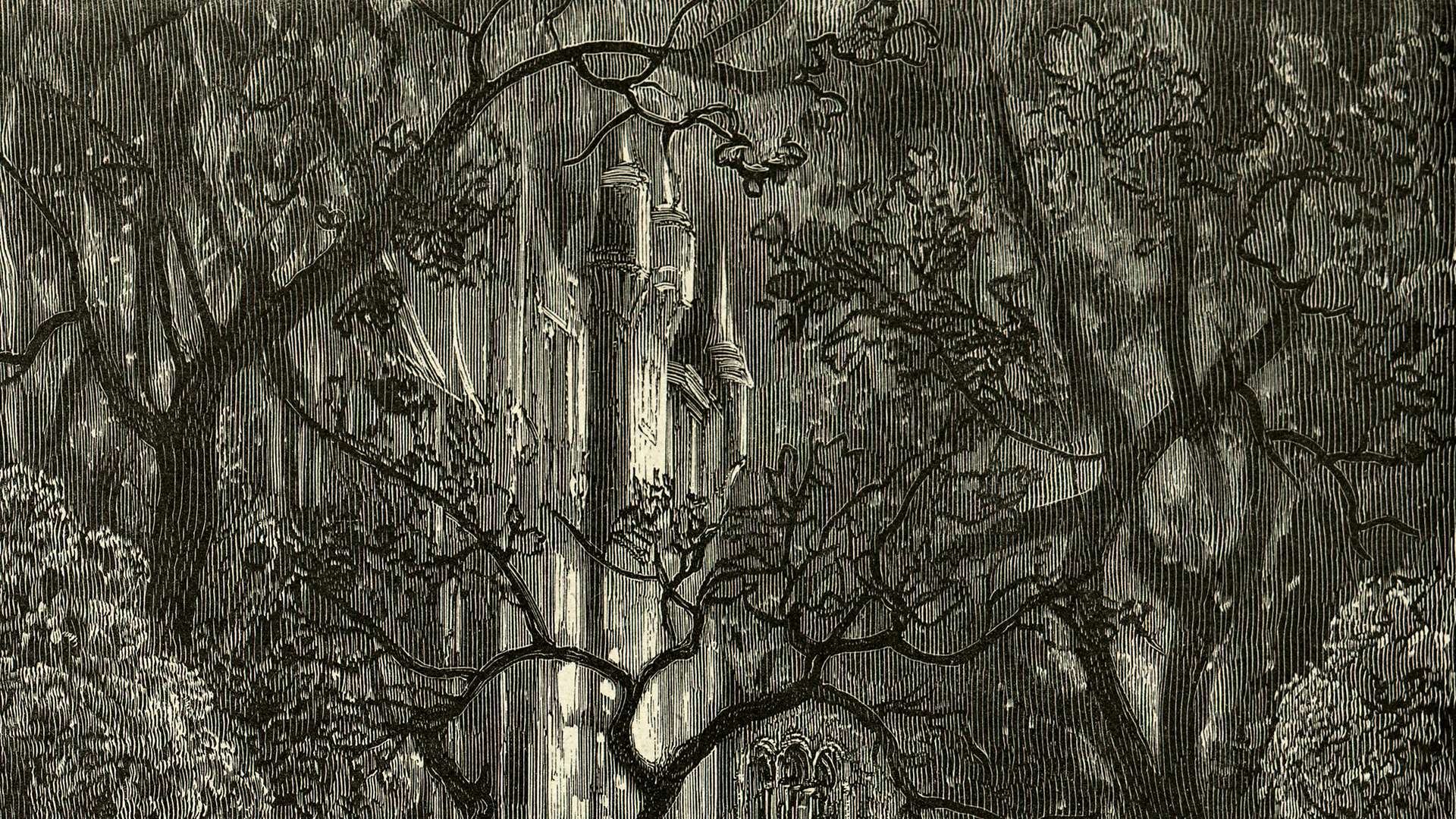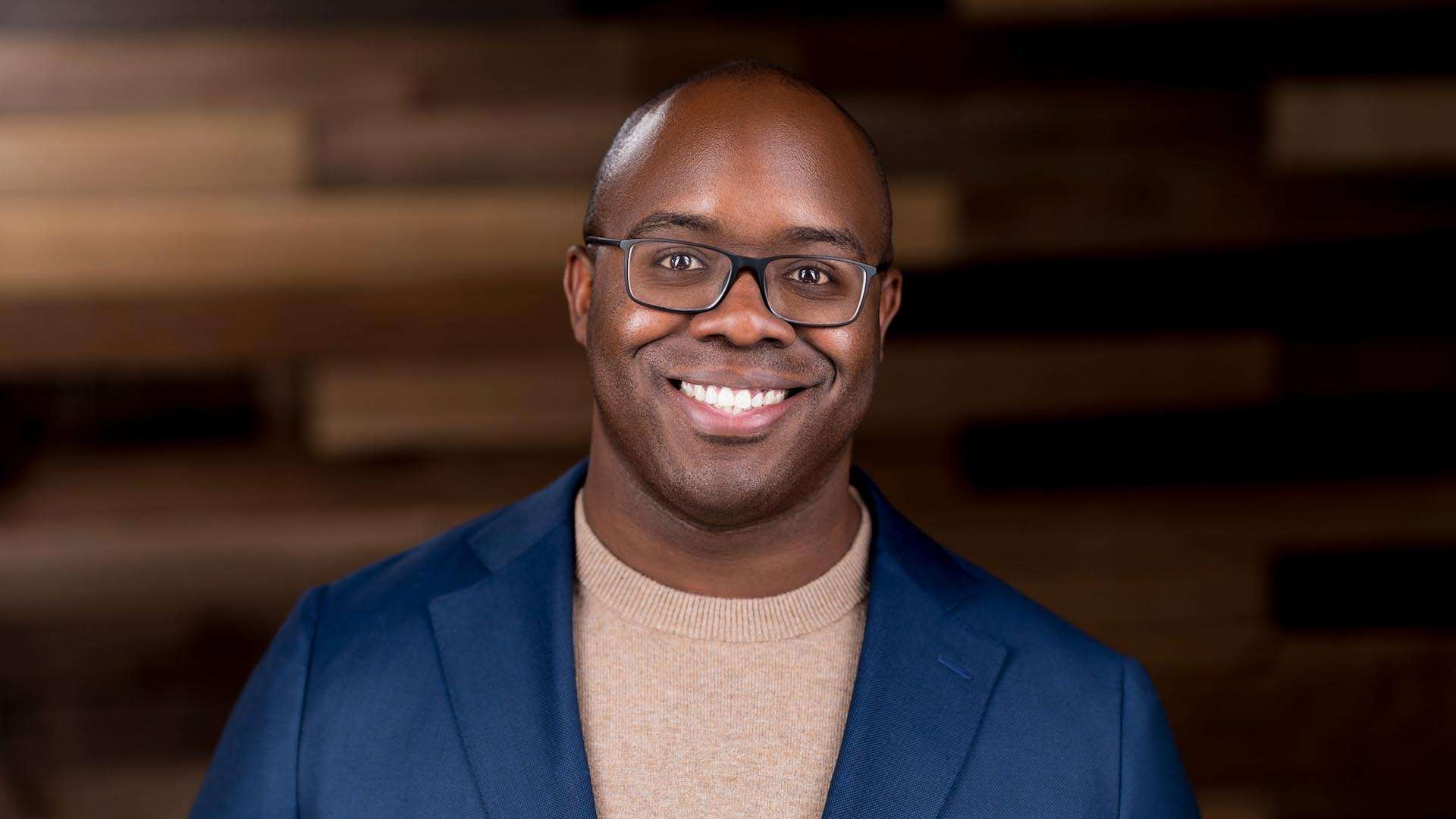“Please free up some space by removing unnecessary files.” The dialog box on the screen fills me with dread as I gaze at the bar graph inching closer toward its end. Chances are you’ve seen it, too. While minimalism might have spent the last decade clearing out our homes, hoarding has only multiplied in our hard drives.
Our digital footprint increases every day with one more email, one more picture, one more video. We try to appease it with bigger drives, networked clouds, or monthly storage subscriptions, but the clutter can become so severe it can suffocate us with anxiety, as a recent CNN report suggests. Some psychiatrists have even lobbied for the term “digital hoarder” to be its own disorder subset, while researcher Darshana Sedera claims digital hoarding will only be an increasing problem for future generations.
Though digital clutter might feel like a modern issue for our technology-driven culture, its root feeds from the oldest ideas mankind has wrestled with. In order to find the freedom to slim down our folders and assuage our anxiety, we’ll need return to the basics of humanity.
You Are Finite
We find humanity’s beginning in the first chapter of Genesis: “Then God said, ‘Let us make man, in our image, after our likeness’” (Gen 1:26). The Hebrew word, adam, named a new creation — one that encompassed not only who man was, but all that man wasn’t. Man was not the same as the trees, plants, birds, or beasts that roamed the fields and soared in the sky. Neither was man the Creator who breathed life across the surface of the earth. Man was a glorious image-bearer of God, yet bounded by his own nature.
Of course, the first man rejected those limits. The snake dangled the hope of godlike possession, and that same temptation now calls from the screens beneath our fingers. Technology seems to breaks the chains of our limits. Who needs to rely upon our fallible brains when we have the stores of knowledge at our fingertips? The limits of space disappear when the nebulous “cloud” can hide away enough knowledge and media for many lifetimes. We don’t need to be choosy when we’ve exchanged a film roll of 36 pictures for the endless spray of our mirrorless cameras.
But the promise is only a lie. For we live in the material world, and here there’s no such thing as endless. Even digital files must “live” somewhere. The cloud is no cloud at all, but merely the giant data centers of servers that sprawl out over acres of our cities to hold all the stuff we’ve believed to be immaterial.
Besides space, the mirage of our overflowing databases demands time. Thirty years ago, I thumbed through the rows of VHS tapes in my family’s living room, and wondered when we’d ever watch them all. Today, the amount of unedited videos and content I hold as a 37-year-old mom feels unfathomable to even attempt to tackle. It takes a great deal of time to attend to our digital clutter — to store, organize, and manage — time we can’t multiply, for we are a people bound by the one thousand, four hundred and forty-four minutes in our days. This fuels our angst as we see the number of emails rise in our inbox or when we watch the percentage in our storage files hover around 97%. Who wants to spend the time sifting through the clutter?
The answer isn’t found in guilt or shame, but instead allowing that dialogue box and growing hard drive to realign our perspective. They enable us to push aside the siren call of godlike possession, and instead move toward the freedom found in our very good limits. As established, we were never created to manage it all. It’s God who holds understanding beyond measure (Ps 147:5). He moves about the earth, not bound by location, or time, and it’s through him that all things exist (Rom. 11:36). While we need food, rest, companionship, and help, our Lord requires none (Acts 17:25). Acknowledging this chasm will enable us to rework our own expectations, and find true rest.
In You’re Only Human, Kelly Kapic explains this dichotomy by contrasting the first woman with the humility of Mary, the mother of Christ, writing: “Eve was tempted to think of her limitations as chains that should be thrown off whereas Mary believed that within her smallness God would delight to accomplish his grandness.”
Each day our devices try to convince us to try to hold what isn’t ours. In reality, rest will only come when we stop to realize it was never ours to begin with, so why hold on so tight?
But You’re More Able Than You Think
After beginning with humility in what we don’t have, we must then move into confidence in what we do. The human mind is incredible. In between eighty-six billion neurons God laced a network of connections that make up our memories. They hold the afternoon we played a game of dodgeball in fourth grade PE next to the taste of the pecan pie our great grandma brought to every Thanksgiving. Those pathways can stow away images, tastes, smells, texture, feelings, events, lyrics, and passages of texts.
For most of human history, human memory was a prized treasure. Scholastics like Thomas Aquinas and Aristotle wrote reams of texts and books of the Bible in their minds. A good memory was not only important, but seen as virtuous. Unfortunately all our digital advancements have made us doubt our memory’s ability. Our apps do the heavy lifting now. The storage on our computers feels smarter, accessible, and foolproof. Because our confidence in our memory has eroded, the thought of losing what’s precious can paralyze us from pushing delete.
It’s a valid question because it’s likely. We won’t remember all of the 35 pictures we took on a hike one Sunday afternoon. Remember — we’re limited. But just because we can’t perform like an operating system, doesn’t mean we need to toss the wonder of our brains to the side. Each day that we live, play, and interact in this world our brains form connections that can be relived with one tiny trigger. It’s why we can hear a song on the radio and instantly feel like we’re back at a high school dance. The memories that flood back in come with fullness — pulling at our senses and transporting us into the moment in ways a file or a single picture ever could on its own.
Beyond our brains, our Lord has given us the greatest resource for our digital hoarding anxiety: himself. Every day we are held by the God who knows all, exists in all places, and who will never even need to sleep. And this God sovereignly walks with us and builds us up, providing what we need in spite of all we can’t remember. We can trust him. When we rest in this humble posture — accepting our limits and glorying in the God who governs them all — we might be ready to push delete.

